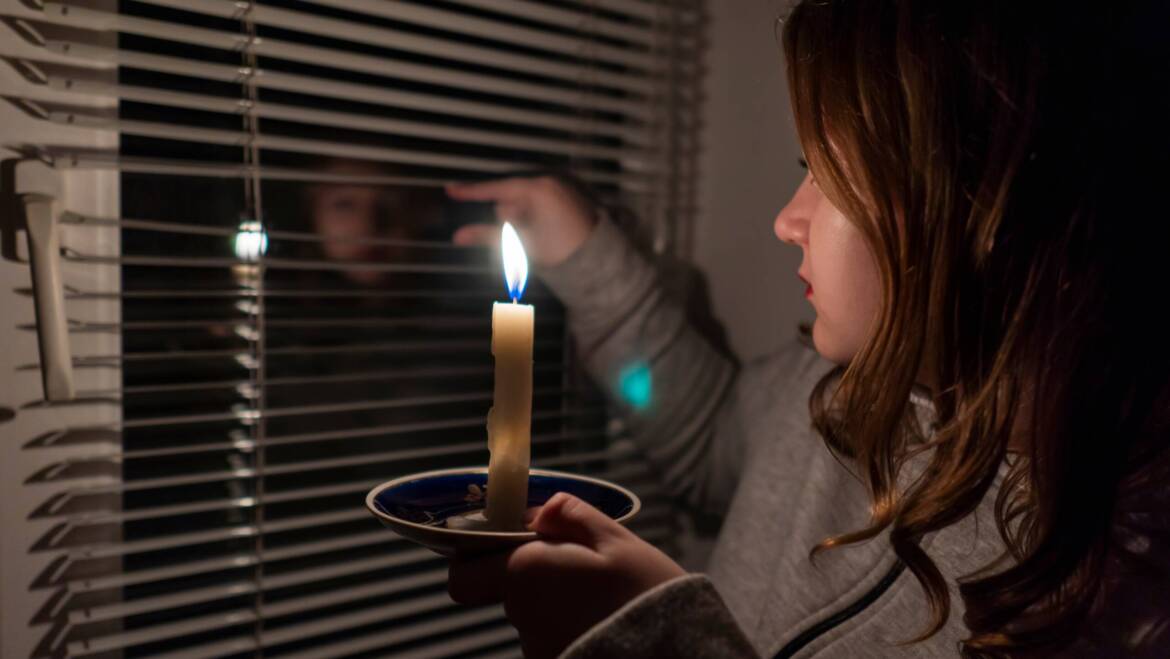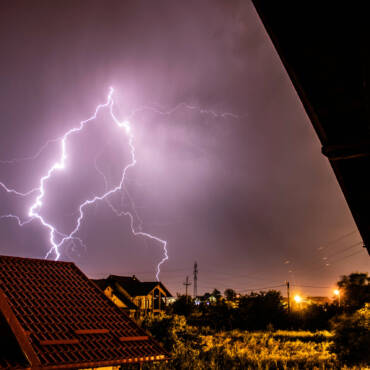When the power goes out, life doesn’t stop. You still need heat, lights, and working appliances. A household backup generator keeps your home running when the grid fails.
Power outages are becoming more common. Whether it’s a storm, a utility issue, or unexpected equipment failure, losing electricity can throw off your entire routine. That’s why more homeowners are turning to standby generators for a reliable home backup solution.
What Is a Household Backup Generator?
A household backup generator is a permanent system that supplies electricity to your home when utility power goes out. It starts automatically and powers essential systems like heating, cooling, refrigeration, and medical devices without manual input.
These generators are installed outside the house, similar in size and placement to an air conditioning unit. Once the generator detects a service interruption, it starts running and connects to your home’s electrical panel.
Backup power gives you stability during unexpected disruptions. You can keep your routines in place, stay comfortable, and avoid issues like frozen
Standby Generators vs. Portable Units
There are two main types of generators for residential use: standby generators and portable units. Both provide power during an outage, but they operate in very different ways.
Standby Generators
These are permanently installed outside your home. They turn on automatically when the power goes out and supply electricity directly to your home’s panel. Most run on natural gas or propane. They are ideal for long-term use and can power your entire home or selected systems.
Portable Generators
These are smaller and stored away until needed. You have to bring them out, fill them with fuel, and start them manually. They usually support only a few appliances and require more hands-on setup.
To choose the right option, start with a simple check of your daily routines. Think about what you need running during an outage: heat, appliances, internet, or even medical equipment. Every home has different needs, and the right generator depends on how much coverage you want and how hands-on you’re willing to be.
How Do Standby Generators Work?
A standby generator works behind the scenes to keep your home running during an outage. It stays in standby mode until it detects a loss of power, then automatically turns on and begins supplying electricity.
These systems use an automatic transfer switch. This switch disconnects your home from the utility grid and connects it to the generator. Once the power is restored, the switch safely returns the system to normal.
Many modern models include remote technology so you can monitor your generator from a smartphone or computer. This feature helps you stay informed about performance, maintenance needs, or potential issues.
The entire setup is designed to connect seamlessly with your home’s existing electrical panel. With very little effort on your part, a standby generator provides reliable power exactly when you need it.
How to Choose the Right Generator for Your Home
Every household uses power differently. Some people want to keep only a few essentials running. Others prefer full coverage for heating, cooling, and major appliances.
A larger system may be better if you have a family, work remotely, or rely on home medical equipment. These factors help determine what size and type of generator will work best for you.
Generac’s Guardian Series works well for most homes. The Protector Series offers higher output for large homes or light commercial use. Both come with features like MobileLink™ to help you monitor your system from anywhere.
Step back and view what matters most during an outage. Keeping your home warm, food safe, and routines intact adds stability during uncertain moments.
What to Expect With Generator Installation
A standby generator isn’t a plug-and-play device. It must be installed by a licensed professional who understands local electrical codes and safety standards.
The installer will assess where to place the generator based on ventilation, fuel access, and proximity to your electrical panel. Most units sit on a concrete or composite pad outside the home.
You’ll need permits before the installation begins. After setup, an inspector will check that everything meets local and state requirements. This step ensures safety and compliance.
Once the generator is in place and fully connected, the technician will test it under load. They’ll also walk you through how it works, how to schedule maintenance, and how to stay alert to service updates.
Be Ready for Power Outages With Reliable Standby Generators
Power outages are unpredictable, but your response doesn’t have to be. A household backup generator keeps your home running when the power goes out and gives you peace of mind in every season.
W. Danley Electrical is among the top Generac-certified dealers nationwide. Their experienced team manages the entire process from the first consultation through installation, permits, inspections, and long-term maintenance.
Whether you are preparing your home, business, or property under development, they are ready to support your backup power requirements.
Contact W. Danley Electrical or request a free quote to get started with a reliable solution built for your home.
FAQs About Household Backup Generators
What size generator is needed for home backup?
It depends on how much of your home you want to power during an outage. A smaller generator can run essentials like the refrigerator, lights, and sump pump. For whole-home coverage, you may need a generator in the 20kW to 26kW range or higher.
What is the best backup generator for home use?
The best generator is one that matches your home’s size and your power priorities. Generac’s Guardian Series is a reliable choice for most homeowners, offering automatic operation and remote monitoring features.
How big a generator do I need to run a house?
If you want to power your entire home, including HVAC systems, kitchen appliances, and electronics, you may need a generator between 22kW and 38kW. A professional can evaluate your home’s load requirements and recommend the right size.
What is the average cost of a whole-house backup generator?
A full home backup generator system usually costs between $5,000 and $18,000. This includes both the generator and the installation. The final price depends on the size of the unit, the brand you choose, and the specific installation requirements for your property.



